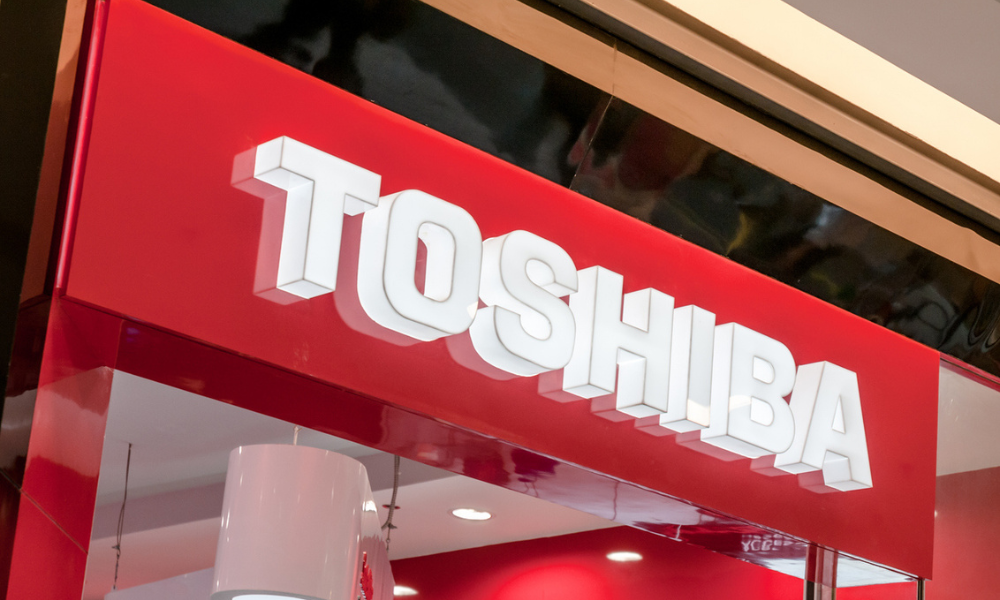While being kiasu is something deemed inherently Singaporean, is it doing more harm than good within the workplace and what can HR do to help?
As one of Singapore’s national character traits, being kiasu* is seen in almost every aspect of daily life, although not everybody exhibits it.
One local politician and entrepreneur has stepped forward to combat the kiasu mentality, saying that it is actually stopping local business leaders from reaching their full potential.
Kuik Shiao-Yin, nominated Member of Parliament and co-founder of The Thought Collective, told HRD that while kiasu business people could certainly succeed, the level of success they obtain may ultimately be limited by their attitude.
“A kiasu person can probably go even further than he imagines if he can accept that his kiasu-ism may be self-limiting and is open to experimenting with doing business from a different mental and emotional space,” she said.
This is because kiasu culture is rooted in fear especially when it comes to facing the uncertainties of business, she added. This fear can also be accompanied by cynicism and resignation which are linked to a rejection of future possibilities.
“When we make business decisions with some level of fear and cynicism, we should question ourselves,” Shiao-Yin said. “What possibility have I rejected? What uncertainty do I not want to embrace? And if I have found a way to accept those possibilities and uncertainties, what kind of decisions would I be making instead?”
By accepting uncertainty and being open to possibilities previously rejected, the individual will then shift their attitude to mindfulness, ambition and enthusiasm, she said.
“My guess is that the kiasu person who does this simple exercise might surprise himself about what new opportunities now open up to him.”
“The emotion of ambition and mindfulness I think is a very potent space to come from in the business world. The best business leaders and innovators tend to operate in that space.”
Shiao-Yin said that to truly promote innovation, business needs to shift back to creating value rather than simply chasing money and success.
HR leaders can help with this cultural transformation by setting a powerful pretext for how the organisation’s employees actually perform.
“They can start to notice a lot more keenly what the main emotional, narrative and physical habits are which are holding down their staff and constraining them from going any further.”
Is the business culture based on of fear and intimidation? Is there a strong ongoing sense of regret and loss? What are the stories surrounding these emotions? These are all questions that HR should be asking, she said.
“When HR is willing to have and facilitate those honest conversations about these emotions and stories, they can start the organisation on a journey towards breakthrough.”
*Kiasu is a Singlish word defined as ‘afraid of losing out’ which can manifest itself in a variety of ways, often resulting in selfish or over-cautious behaviour. This includes choosing traditional rather than new business initiatives, queuing up for hours to receive a free gift, or refusing to let a driver in front when changing lanes.
Related stories:
A beautiful epiphany: Corporate culture in a new light
Stewardship: Fostering the long-term success of a company
Why the wrong cultural fit can be a disaster
One local politician and entrepreneur has stepped forward to combat the kiasu mentality, saying that it is actually stopping local business leaders from reaching their full potential.
Kuik Shiao-Yin, nominated Member of Parliament and co-founder of The Thought Collective, told HRD that while kiasu business people could certainly succeed, the level of success they obtain may ultimately be limited by their attitude.
“A kiasu person can probably go even further than he imagines if he can accept that his kiasu-ism may be self-limiting and is open to experimenting with doing business from a different mental and emotional space,” she said.
This is because kiasu culture is rooted in fear especially when it comes to facing the uncertainties of business, she added. This fear can also be accompanied by cynicism and resignation which are linked to a rejection of future possibilities.
“When we make business decisions with some level of fear and cynicism, we should question ourselves,” Shiao-Yin said. “What possibility have I rejected? What uncertainty do I not want to embrace? And if I have found a way to accept those possibilities and uncertainties, what kind of decisions would I be making instead?”
By accepting uncertainty and being open to possibilities previously rejected, the individual will then shift their attitude to mindfulness, ambition and enthusiasm, she said.
“My guess is that the kiasu person who does this simple exercise might surprise himself about what new opportunities now open up to him.”
“The emotion of ambition and mindfulness I think is a very potent space to come from in the business world. The best business leaders and innovators tend to operate in that space.”
Shiao-Yin said that to truly promote innovation, business needs to shift back to creating value rather than simply chasing money and success.
HR leaders can help with this cultural transformation by setting a powerful pretext for how the organisation’s employees actually perform.
“They can start to notice a lot more keenly what the main emotional, narrative and physical habits are which are holding down their staff and constraining them from going any further.”
Is the business culture based on of fear and intimidation? Is there a strong ongoing sense of regret and loss? What are the stories surrounding these emotions? These are all questions that HR should be asking, she said.
“When HR is willing to have and facilitate those honest conversations about these emotions and stories, they can start the organisation on a journey towards breakthrough.”
*Kiasu is a Singlish word defined as ‘afraid of losing out’ which can manifest itself in a variety of ways, often resulting in selfish or over-cautious behaviour. This includes choosing traditional rather than new business initiatives, queuing up for hours to receive a free gift, or refusing to let a driver in front when changing lanes.
Related stories:
A beautiful epiphany: Corporate culture in a new light
Stewardship: Fostering the long-term success of a company
Why the wrong cultural fit can be a disaster





